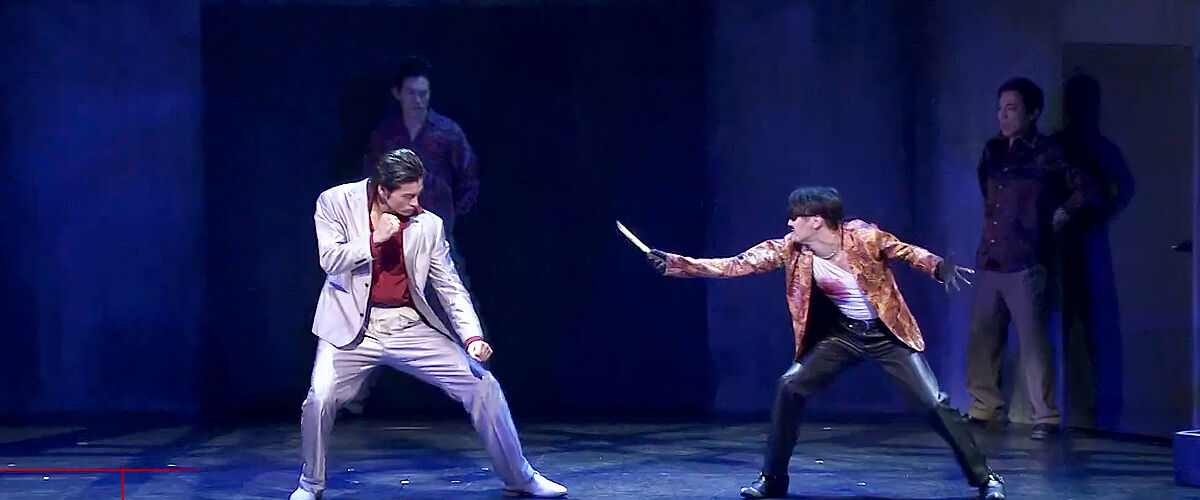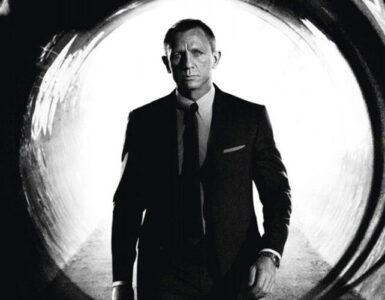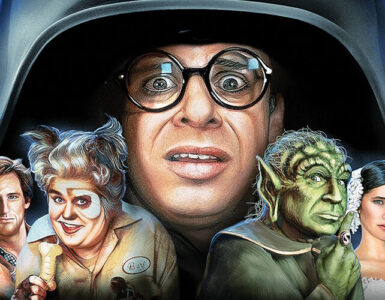The Yakuza (rebranded in 2020 as Like a Dragon to align with its Japanese name, Ryū ga Gotoku) video game franchise by SEGA is a unique blend of action, crime drama, and over-the-top humour. Initially launched in 2005, this series has become beloved for its storytelling that dives deep into the lives of complex characters, particularly its stoic protagonist Kazuma Kiryu, a former yakuza, which means Japanese crime syndicate, with a heart of gold.
The franchise is known for balancing intense, melodramatic crime narratives with quirky, often absurd side activities like karaoke, arcades, and even managing cabaret clubs. This mix has made Yakuza a beloved experience, offering players everything from brutal brawls with rival gang members to heartwarming moments with strangers they meet on the streets.
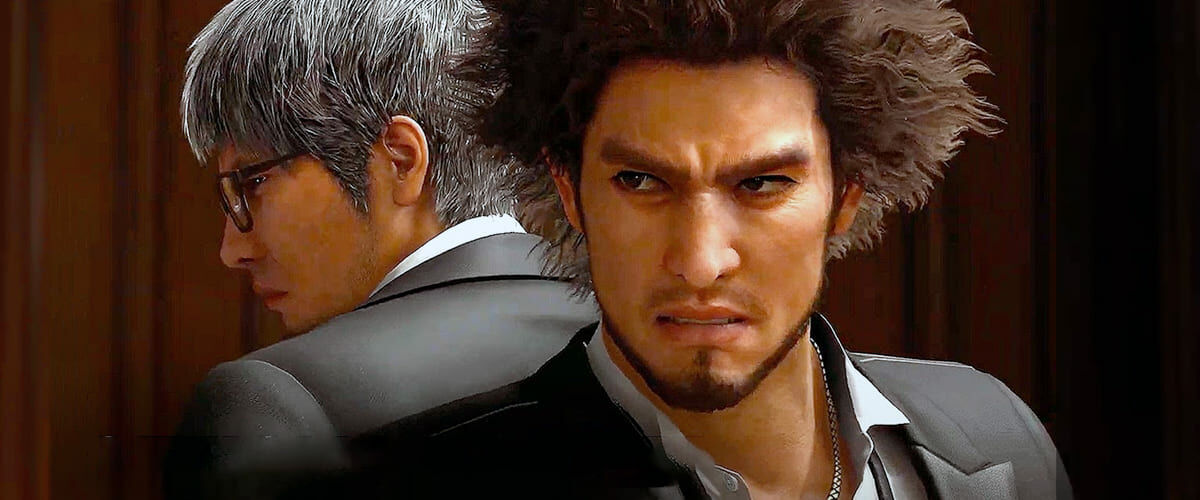
In its 2020 entry, the series took a bold new direction with Yakuza: Like a Dragon, introducing a new protagonist, Ichiban Kasuga, and switching from real-time combat to turn-based RPG-style battles. This fresh approach has allowed the franchise to evolve while staying true to its unique blend of serious storytelling and eccentric humour.
The Like a Dragon: Yakuza TV series on Amazon Prime Video, released this year, promised fans of the long-running game franchise a live-action adaptation that would bring the gritty, emotional, and often hilariously over-the-top world of Kamurocho to life. Unfortunately, instead of delivering the high-stakes drama, mixed with heartwarming character moments and offbeat humour, that fans have come to expect from the Yakuza (or Like a Dragon) games, the show stumbled, leaving many fans disappointed.

One of the core issues with Amazon’s Like a Dragon adaptation is its portrayal of Kazuma Kiryu. In the games, Kiryu is a paragon of honour who navigates Japan’s dangerous underworld with both brutal strength and a soft heart. He’s not just a tough yakuza, but a deeply moral figure driven by a strict code of ethics, making his conflicts — and occasional absurd antics — all the more compelling.
Ryoma Takeuchi’s (Kamen Rider Drive) depiction of the character fails to capture the spirit of his video game counterpart. Kiryu’s motivations in the series feel muddled and inconsistent, lacking the clear-cut sense of justice that grounds his character. Instead of embodying the stoic yet compassionate hero, Amazon’s Kiryu feels like a diluted version, caught between conflicting narratives that don’t coalesce into a coherent arc. Furthermore, his desire for his iconic ‘Dragon of Dojima’ title signals the show’s deep misunderstanding of the character, upsetting fans across Japan and the West alike.
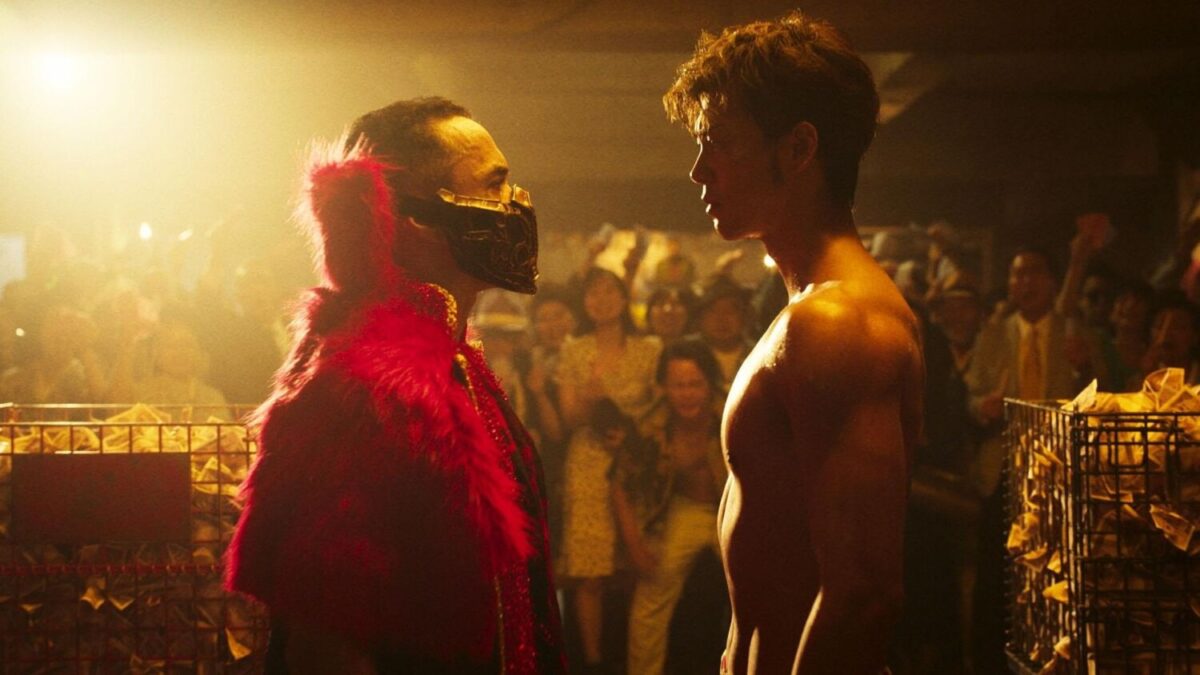
This issue might come down to the cast entering production with a relatively limited understanding of the source material, relying mostly on cultural impressions rather than direct experience. They were actually told not to play the games so that they could approach their characters with fresh perspectives. This method aimed to let them interpret their roles in new ways, but it meant missing some of the deeper nuances that longtime fans have come to love about the original series.
The action choreography and cinematography further dampen the experience. Fans of the games know that brawls in Yakuza are supposed to be intense, with brutal street-fighting mixed with cinematic flair. Yet, in Amazon’s version, the fight scenes are bland and lack the dynamic choreography that fans expected, with shaky camera work and uninspired editing that robs the combat of its impact.
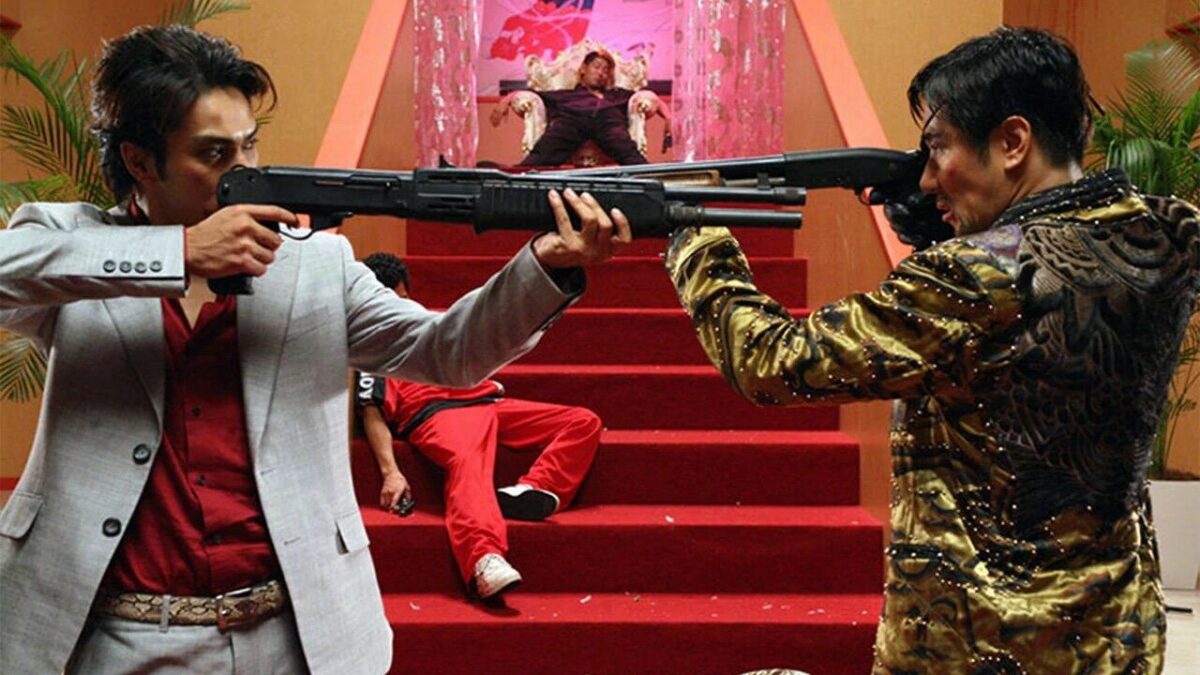
Ironically, fans looking for a live-action take on Like a Dragon would be better off watching Takeshi Miike’s 2007 film, Like a Dragon (Ryū ga Gotoku). While Miike’s adaptation takes some liberties, it manages to capture the spirit of the games more faithfully, blending raw action with surreal humour and emotional storytelling.
Miike, a director known for his bold, unconventional style, understood the tone of Yakuza, infusing the film with the right mix of chaos and heart that makes the games so unique. Though it might not be a perfect adaptation, Miike’s film at least respects the key aspects of Kiryu and the world he inhabits, something that the Amazon series struggles with.
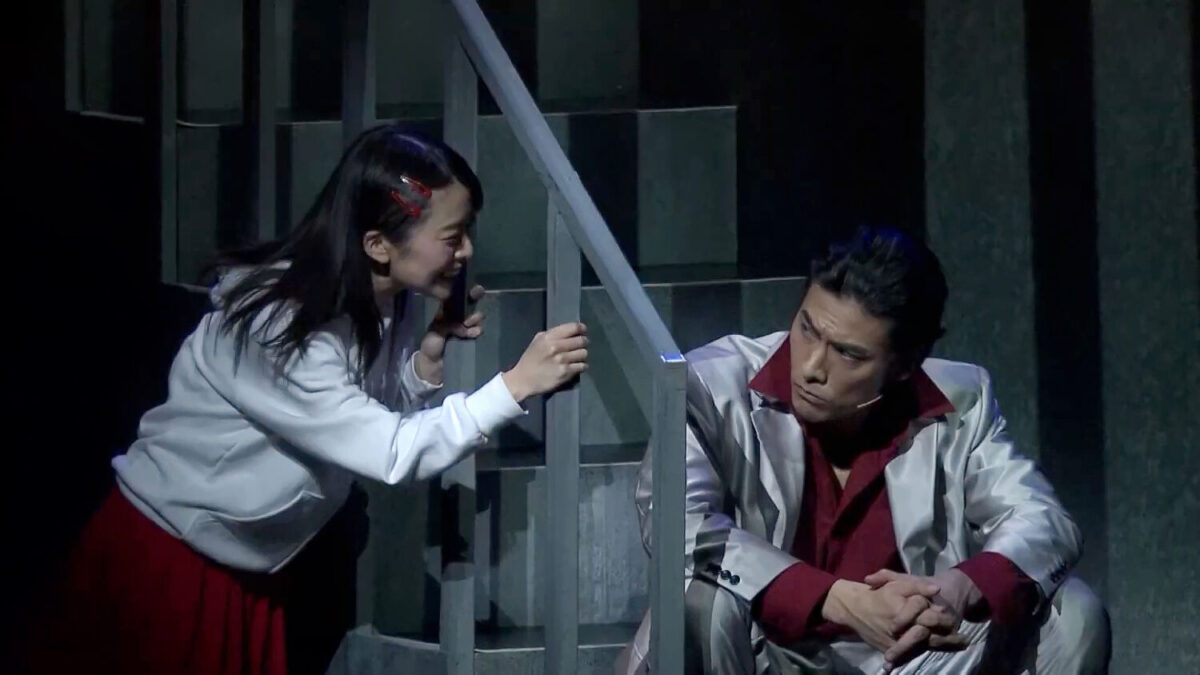
But perhaps the most surprising and best adaptation of Yakuza isn’t a film or a TV show — it’s a stage play. While a stage play might seem like an odd medium for a story about gritty crime and brawling gangsters, this adaptation actually captures the heart and humour of Yakuza more authentically than Amazon’s show.
The stage play, unlike the Amazon series, understands that Like a Dragon is as much about character relationships and emotional beats as it is about action. The play presents Kiryu and his comrades in a way that highlights their humanity and their loyalty to each other, grounding the fantastical elements of the series in real emotional stakes. Additionally, the intimate nature of theatre brings a certain rawness and immediacy to Kiryu’s story. The actors’ performances are more nuanced, and despite the limitations of a stage production, the choreography and direction convey the intensity and heart of Yakuza’s iconic battles and storylines.
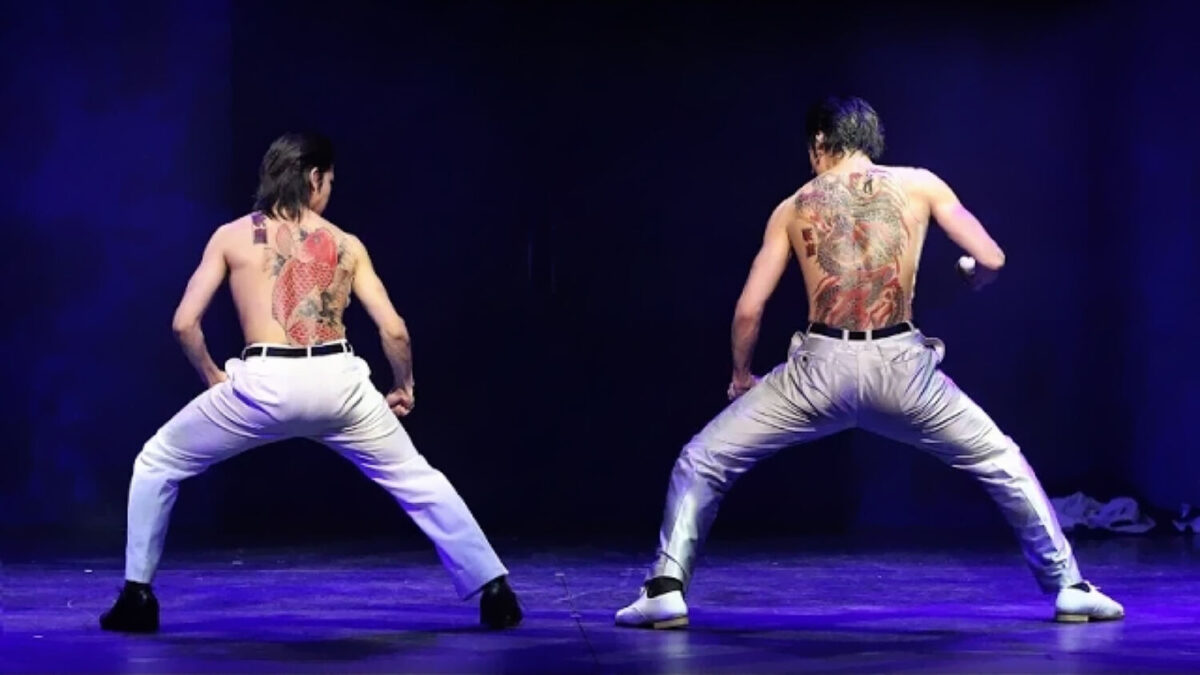
While Amazon’s Like a Dragon series has sadly missed the mark, it’s reassuring to know that better adaptations exist. Whether you dive into Miike’s chaotic, darkly humorous film or the surprisingly heartfelt stage play, both options offer a far more faithful tribute to Yakuza’s unique blend of pathos and madness. It’s a testament to the versatility of Kiryu Kazuma’s story that it can thrive across different mediums — even in places as unexpected as the theatre — while a high-budget TV series fails to capture what makes Like a Dragon special.
For fans who want to see Yakuza done right, Miike’s film and the stage play are readily available on the Internet Archive and YouTube respectively, offering a genuine Like a Dragon experience that Amazon’s series, unfortunately, couldn’t deliver.

